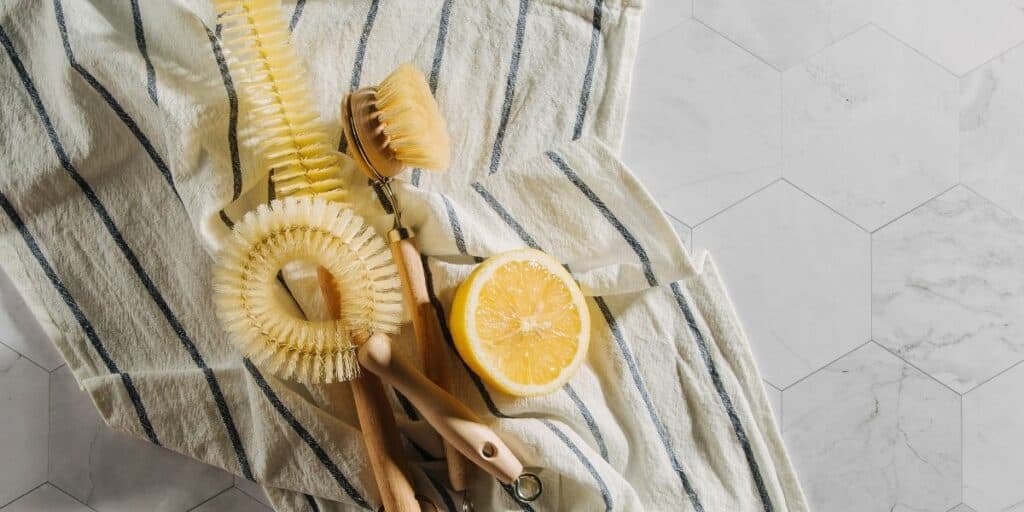
If you are reading this, you most likely use lemon for your day-to-day life, especially for consumption.
Lemon is a citrus fruit rich in nutrients such as potassium, folate, limonins, flavonoids, and most importantly Vitamin C (ascorbic acid) that is essential for various bodily functions such as preventing scurvy and much more.

What’s more, lemon has also found common use around our homes mostly as a natural cleaning agent.
So, what are some of these uses of lemon in and around our homes? Well, here is a list of 7 amazing things you can do with a lemon, how you can do them, and much more.
Lemon is a naturally occurring cleaning agent that not only cleans kitchen surfaces and appliances but is also great for aromatherapy.
This is because lemon is acidic and carries antimicrobial effects. However, you cannot rely on lemon as your sole disinfectant as it is not very effective at killing microbes.
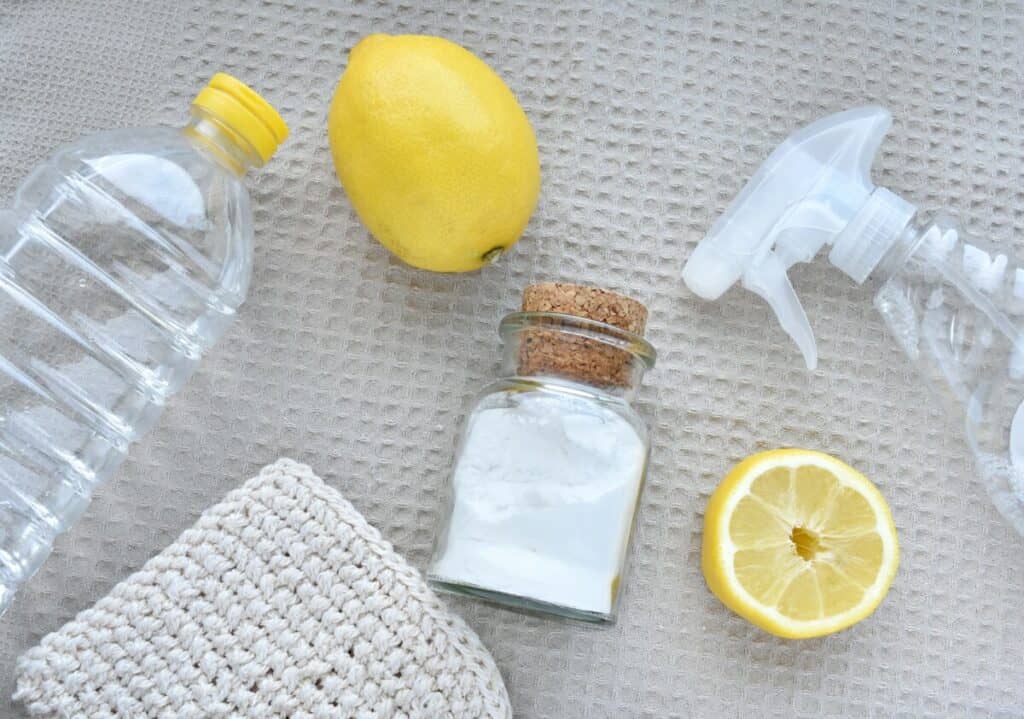
Lemon extracts can be mixed with common household substances such as:
Lemon by itself can also be used to clean smelly wooden surfaces, brass surfaces (not brass plated), and appliances such as refrigerators.
To get rid of odor from your refrigerator, cut some lemon pieces and leave them in the refrigerator. The lemon will soak up the unpleasant odor and leave a sweet and pleasant fragrance.
But by all means, do not use lemon to clean brass-plated (brass coated) or marble surfaces as the acid found in lemon can corrode and damage these surfaces. Also, when cleaning, do not leave the lemon on the surface for too long due to the same corrosive effects of citric acid.
We have all heard of the term deodorant before but if you are still oblivious of what a deodorant is, it is a substance that can be applied to your skin to mask an unpleasant body odor.
One part of our bodies known for its odor is the armpit and this is where lemon comes in. Cut and rub a piece of lemon on your armpit to conceal the odor produced by it. This makes lemon a great natural alternative to over-the-shelf deodorants.

However, exercise caution when doing this as the citric acid responsible for getting rid of bacteria and masking odor can also cause irritations, especially if you recently shaved or if you have any form of injury on your armpits.
Also, do not apply lemon on your skin if you plan to expose yourself to the sun for extended periods. Your skin may develop red, swollen marks popularly known as welts. This is because when exposed to high temperatures, the chemical composition of citric acid is altered making it a toxic irritant.
Did you know you can preserve food such as cut apples, bananas, and the likes using lemon? Well, as absurd as it sounds this cannot be further from the truth.
As I have already mentioned, lemon (lemon juice) contains about 5% to 6% citric acid. Citric acid can inhibit bacteria and prevent browning of plant-based food mostly caused by bacterial growth.
Consequently, you can use lemon to extend the lifespan of your fruits and fruit juices by sprinkling lemon juice to them or directly rubbing lemon on fruits.
If you are like me and are not very fond of using “chemicals” for cleaning, you may have found a solution to deal with fabric stain removal. This simple solution involves using lemon, water, and salt (can be sea or kosher salt).
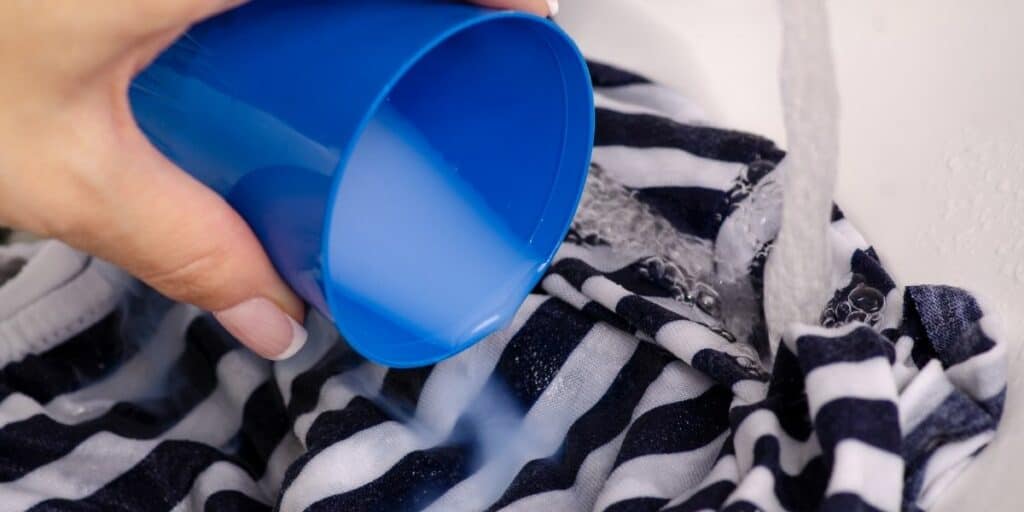
The cloth stain removal steps are also fairly easy.
First, wet the stained cloth with water, cut and squeeze a piece of lemon on the stain, apply salt on top of the lemon juice and rub it in gently to work the stain. From there, rinse the cloth with clean water and apply more lemon juice on the stained part before hanging to let it dry over the sun.
The heat from the sun will trigger a chemical reaction that causes the lemon juice to act like bleach getting rid of the stain.
However, this also causes the citric acid to crystallize making the area where the lemon juice was applied slightly stiff. You will, therefore, need to wash the cloth regularly to remove the crystallization.
Iron and iron alloys are known for developing rust on exposure to water and oxygen which are both readily available in our surroundings.
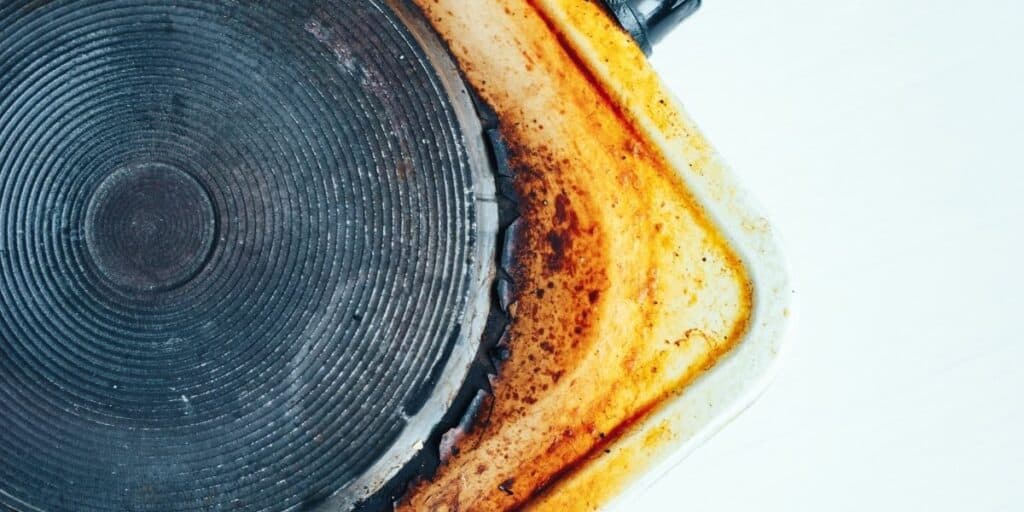
The good news is that a combination of salt and lemon can come in handy in rust removal.
Here is how you do it:
Mix lemon juice and salt in a bowl at the ratio of your choice. Using an abrasive pad such as a scuff pad, apply the mixture on the rusted metal and spread it evenly. Rub in the mixture using circular motions without leaving droplets of the lemon juice on the metal surface.
After coating the whole metal surface with the mixture, let the metal sit for about 1 hour. Do not let it sit for too long as the liquid from the lemon juice can penetrate to the “un-rusted” metal surface and start a new rust reaction.
The citric acid in the lemon juice reacts with the rust (iron oxide) without corroding it, hence loosening it.
After the metal has sat for a while, use an abrasive pad in combination with some grease to scrub some of the rust off. Not all rust will come off on your first try, so, you may need to repeat this process about 3 to 5 times before you are fully satisfied with the results. Clean and thoroughly dry the metal each time you remove the rust.
Once you are done, clean the metal once more, dry it, and scrap it using an abrasive pad to smooth it out before applying some rust protector on the surface to prevent further rusting.
Showerheads are notorious for developing stubborn limescale that clogs the tiny holes hence reducing water pressure.
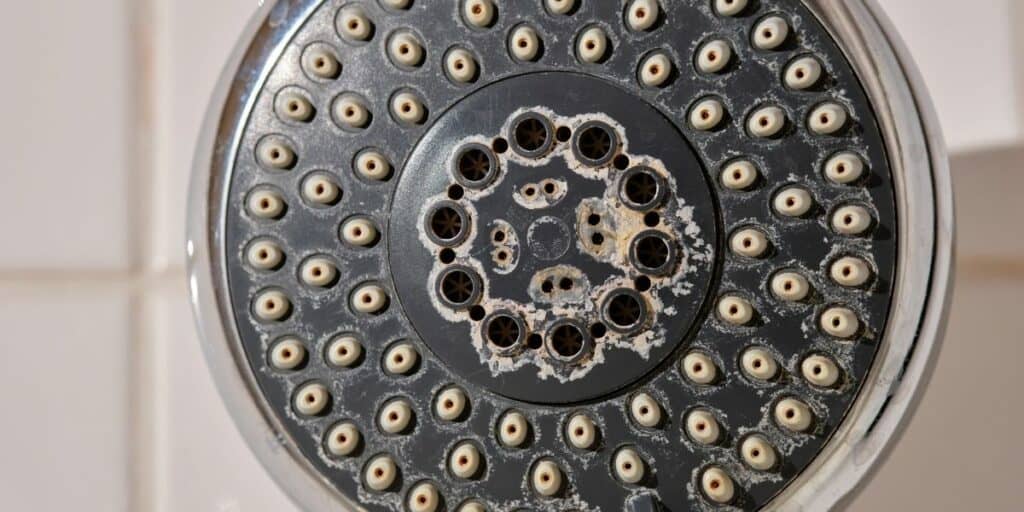
Low water pressure is annoying but with lemon juice, you can easily solve this problem.
Here is what you need to do:
Detach the showerhead from the installation and dry it completely. Cut and squeeze some lemon juice into a plastic bowl. Apply some of the lemon juice to the showerhead.
You will then need to use a small bucket and add some hot water and lemon juice into the bucket to form a mixture. Take your shower head and put it into the mixture and then add more lemon juice and hot water until the showerhead is fully submerged.
Let the showerhead sit in the mixture for about 30 minutes for the limescale to dissolve into the acid.
After about 30 minutes, take the showerhead out of the bucket and rinse it with clean water to remove any loose residue left behind. Dry your shower head and re-install it and you should have your water pressure back.
Citric acid is not only great at removing limescale from shower heads but can also be used to remove mild cases of limescale build-up from your toilet bowl.
All you will need to use is to squeeze some lemon on the stains or spritz the limescale with some lemon juice then sprinkle salt on the stains. Let it sit for some minutes before using a hard brush to scrub the stained surface and rinse it to bring it to a clean.
Using natural products to help with everyday life problems seems a great idea and with these Lemon Hacks, it might make doing the jobs you hate less boring.
Fruits have been used for centuries to cure ailments and help the body but that's just scratching the surface. There are hundreds of other uses for your lemon.
But my favorite is on the top of a lemon drizzle cake. Yummy!